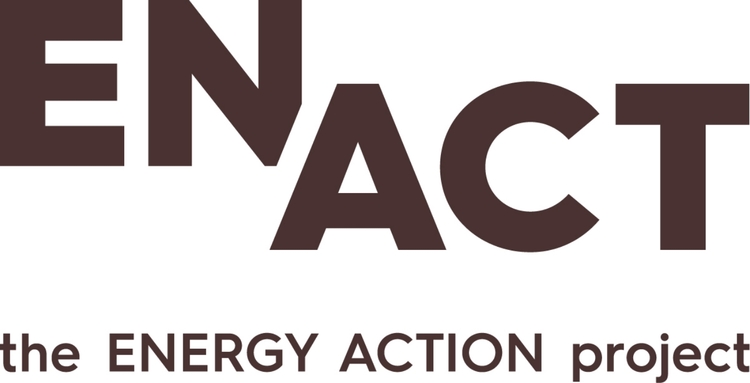Photo: P. DiCampo
It's so cold in my house I wear two sweaters and a scarf. My kids are sick all the time. I can't pay my gas bill, what if I get disconnected? I can feel cold air coming in under the door, even when I try to block it. I worry about my mother – this is her first winter alone, having to manage the boiler and oil delivery. If I turn on the electric heater, I turn off all the lights. I've got €20 to last the week: do I buy groceries or put money in the electricity meter?
Do you find yourself saying these things often? Or hear them from a friend or neighbour?
Have you ever considered that what seems like an endless battle between your energy bills and your pocket book might actually be a chronic condition found across Europe and North America? In many countries, the number of people in this situation is growing from year to year.
Some 6 million people in the United Kingdom alone – almost 8% of the population or 1 in 12 families – cannot afford keep their homes comfortably warm. In colder climates, the figure skyrockets to as high as 44% in Bulgaria or 34% in Lithuania. But around one-quarter of families in Spain and Greece, where average winter temperatures hover around 5°C to 10°C, also struggle with being cold at home.
Fuel poverty, also known as energy poverty, is making headlines across Europe and North America as winter progresses. But for many, it’s a difficult concept to grasp.
Over the coming weeks, EnAct will explore what fuel poverty means, as well as who is affected by it and how. The question of who is struggling with fuel poverty is remarkably challenging, for three reasons.
First, even experts working in the area find it difficult to establish a clear definition. As a result, people who struggle to stay warm in winter don’t know if they "fit the criteria". Finally, no one really likes labels, and this one may be particularly off-putting: many people facing financial challenges rightfully perceive themselves as a long way from "poor" or "in poverty".
To start, EnAct presents the simplest definition, initially put forth by policy makers in the United Kingdom: people spending more than 10% of their monthly income on energy are considered to be living in fuel poverty.
If EnAct readers see themselves in that definition, this project is for you.
Follow us as we investigate why it is important to take immediate action to reduce the impacts of fuel poverty for those facing it this winter, and report efforts by the many actors engaged in the longer term goal of eradicating fuel poverty altogether.
